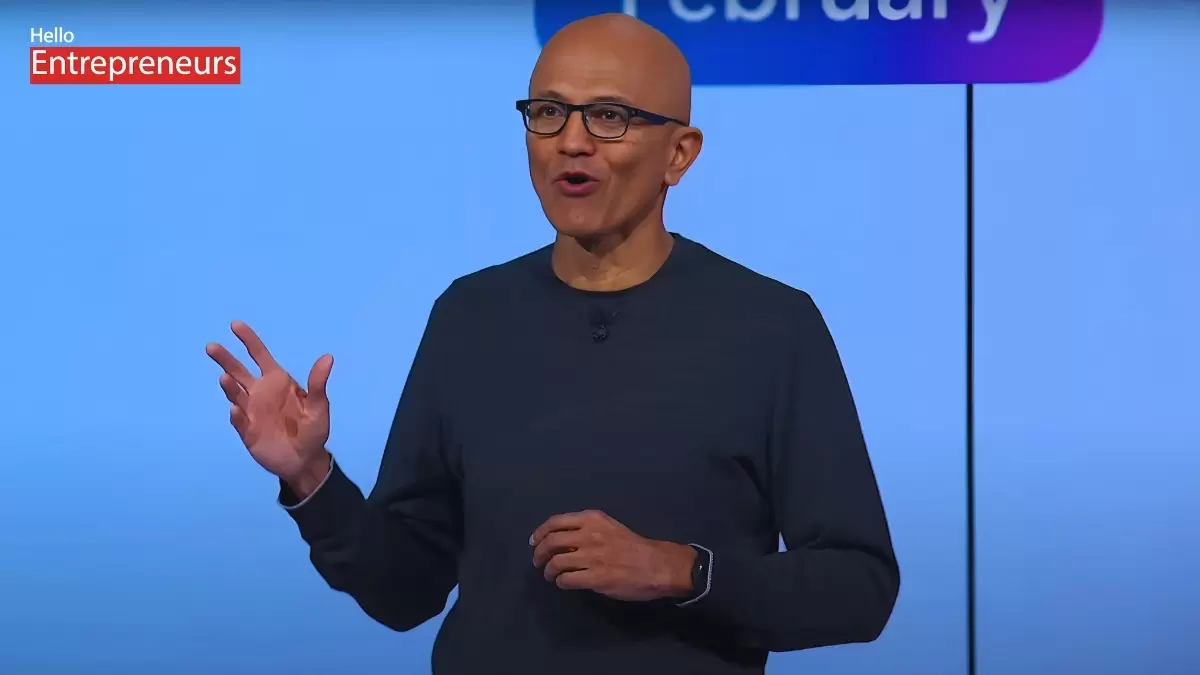Mumbai Local’s “Lucky Yatra”: An Innovative Step, but Structural Solutions Are Essential

Mumbai Local’s “Lucky Yatra” campaign is a commendable initiative aimed at promoting fare compliance through positive reinforcement. By transforming valid train tickets into lottery entries, with daily and weekly cash prizes of ₹10,000 and ₹50,000, the campaign seeks to incentivize commuters to purchase valid tickets. It is a creative application of behavioral economics, where the fear of penalties is replaced by the excitement of rewards.
Yet, while this strategy is innovative, a deeper analysis reveals that it may be fundamentally limited without robust structural solutions to ensure sustainable compliance. Research in behavioral economics shows that only a small chink of population is inclined to participate in lottery-based incentives. This means the campaign may only appeal to this segment, leaving a significant portion of commuters unmotivated in long term. For many low-income workers, students, and daily wage earners, the promise of a lottery may not outweigh the immediate savings from fare evasion. Furthermore, the structure of the “Lucky Yatra” campaign creates a loophole where long-distance commuters might begin purchasing the cheapest available ticket just to participate in the lottery.
To achieve fare compliance, Mumbai Local must prioritize structural regulation. One of the most effective measures would be to implement a QR code-based ticketing system with automated gates at major stations. This model, already standard in the cities where metro is running including Mumbai. The QR code-based system offers multiple advantages, including real-time monitoring, data collection for optimization, automatic fare calculation, and enhanced security. Initially, this system can be implemented at high-traffic stations like Churchgate, Andheri, Dadar, and CST, and then gradually expanded to other stations.
Beyond structural regulation, Mumbai Local can also leverage social nudges to foster a culture of compliance. Social nudges are based on the idea that people are more likely to adopt positive behaviors when they receive social recognition. Digital screens at major stations can display the names and photos of “Compliance Champions”— The system can can collect data on individual commuter behaviour such as , travel frequency, routes and ticket types and over the time this data can be analysed to identify our Compliance Champion. These champions can also be awarded digital certificates, which they can download and share on social media.
This approach transforms compliance from a personal responsibility into a social achievement, encouraging more commuters to follow the rules. Engaging community – Mumbai Local can further enhance engagement by gamifying fare compliance, creating a city-wide competition where different regions compete to achieve the highest rate of ticket purchases. Real-time statistics can be displayed, showcasing which areas lead in compliance. For example, the screens could display, “Delhi: 98% Ticket Compliance This Week. Mumbai: 65% Ticket Compliance. Let’s Make Mumbai Number One!” Such competitive gamification taps into local pride and transforms ticket purchasing into a community-driven activity.
Yet, even the most innovative incentives cannot replace the need for a robust regulatory framework. Fare compliance must be built on a foundation of structural integrity, where unauthorized access is simply impossible. Without automated gates and QR code verification, the “Lucky Yatra” campaign risks becoming a temporary solution rather than a sustainable strategy. Data from Western Railway reveals that in 2024, over ₹134 crore in fines were collected from fare evaders, with ₹42.74 crore recovered from the Mumbai suburban section alone. These figures indicate the scale of the problem and highlight the need for a more comprehensive solution. A hybrid model that integrates structural regulation, social nudges, and gamification can ensure that fare compliance becomes a matter of pride, responsibility, and security for Mumbai’s commuters. Mumbai Local must move beyond temporary incentives and build a compliance culture rooted in accountability and recognition.
<p>The post Mumbai Local’s “Lucky Yatra”: An Innovative Step, but Structural Solutions Are Essential first appeared on Hello Entrepreneurs.</p>


























